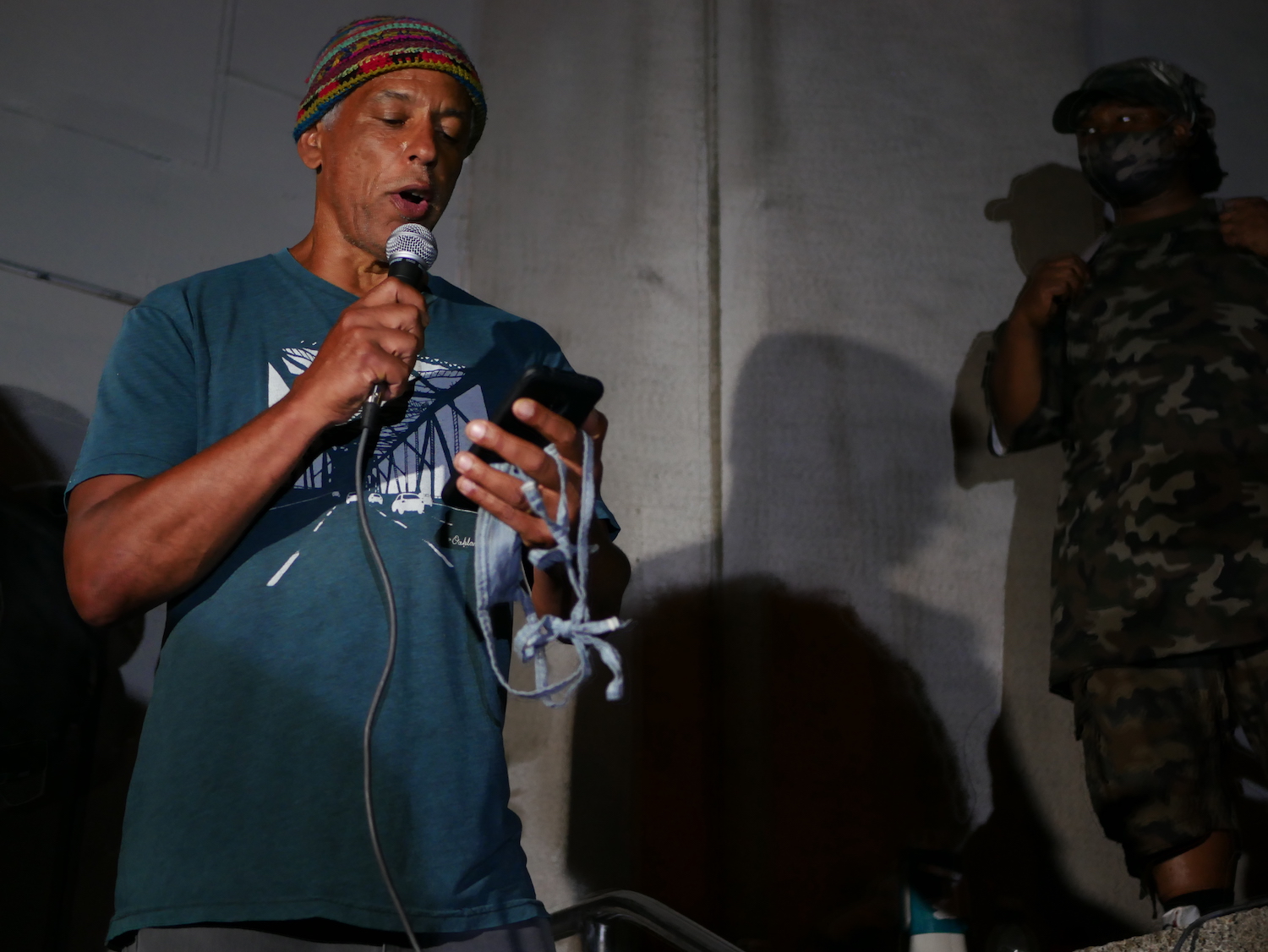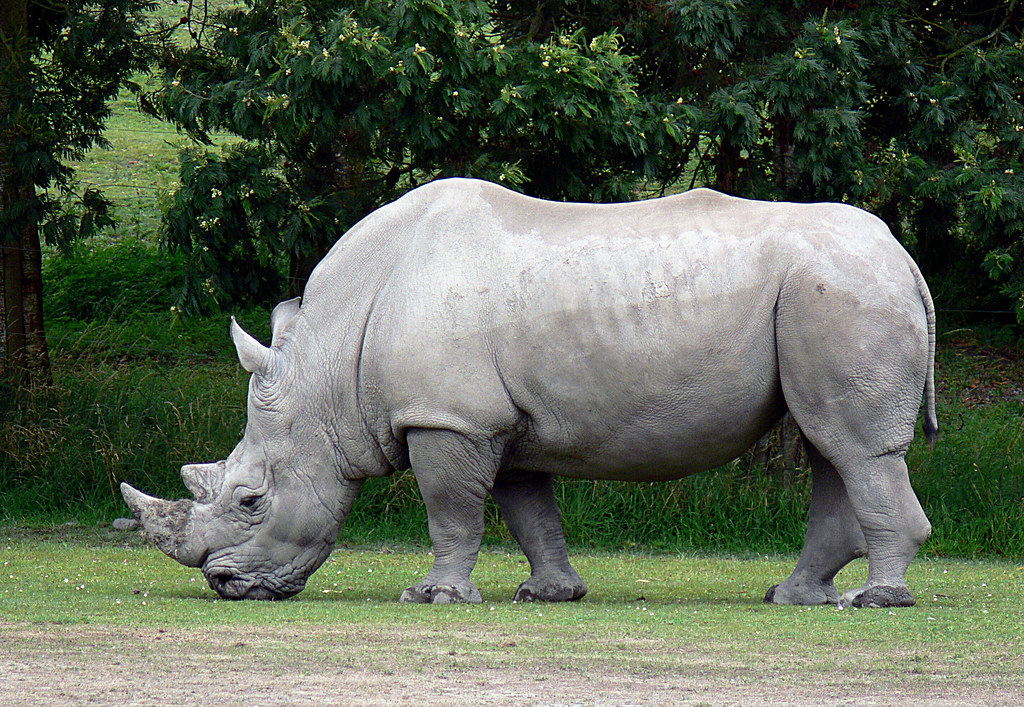September 27 Stepanakert, Azerbaijan/Artsakh: Fighting broke out in a territorial dispute between Azerbaijan and Armenia over control of the Nagorno-Karabakh region in the South Caucasus mountains. According to BBC, the clashes killed at least 23 and wounded more than 100 people, including civilians. It is unclear what sparked the fighting, but the two sides exchanged heavy artillery fire that struck several towns, including the region’s capital city Stepanakert. Armenia and Azerbaijan both declared martial law and traded verbal threats despite calls for de-escalation from many world leaders, including U.S. President Donald Trump and Russian President Vladimir Putin. Nagorno-Karabakh is internationally recognized as part of Azerbaijan, but has been controlled by ethnically Armenian separatists since the end of the Nagorno-Karabakh War in 1994.
September 28 Mexico City, Mexico: In commemoration of International Safe Abortion Day, a march for abortion rights led by women sparked clashes between demonstrators and police in the Mexican capital. Hundreds of women donning green bandanas, a symbol of the pro-choice movement in Latin America, gathered to demand the legalization of abortion throughout the country. Apart from special circumstances, the procedure is currently banned in most Mexican jurisdictions with the exception of Mexico City and the state of Oaxaca. According to AP News, protesters initially used hammers to commit property damage along their march route and later threw flares and bottles of gasoline at police. Law enforcement used tear gas against the activists and prevented the demonstration from marching to a conservative anti-abortion protest encampment in the city.
September 29 Kuwait City, Kuwait: Sheikh Sabah al-Ahmad al-Sabah, the monarch who ruled the emirate of Kuwait, died at the age of 91. Sheikh Sabah had been a fixture in the Kuwaiti government since independence in 1961, having served for 40 years as the country’s foreign minister before becoming Emir in 2006. He is credited with establishing Kuwait’s independent foreign policy and forging close ties with the U.S. He was also an influential mediator in the Middle East, most recently in the diplomatic crisis between Saudi Arabia and Qatar, earning a reputation as the “Wise Man of the Region.” Domestically, Sheikh Sabah avoided a crackdown on protests during the 2011 Arab Spring and oversaw reforms that moderately expanded women’s rights. Nonetheless, Kuwait remained an authoritarian country with severe restrictions on civil liberties during his reign. Sheikh Sabah died in Rochester, Minnesota where he had been receiving medical treatment since July 2020. His successor is expected to be his half-brother, 83-year-old Crown Prince Nawaf al-Ahmad al-Sabah.
September 30 Paris, France: The highest court of appeals in France ruled that Félicien Kabuga, an alleged financier of the 1994 Rwandan genocide, will be extradited to the International Criminal Tribunal for Rwanda, where he is expected to face trial for charges including genocide and crimes against humanity. Kabuga was arrested near Paris in May after evading an international warrant for more than 20 years. France’s Court of Cassation determined that there was no “legal or medical obstacle” to transferring him to the tribunal, which was established by the UN Security Council in Arusha, Tanzania shortly after the 1994 genocide. The court dismissed concerns raised by Kabuga’s lawyers that the 87-year-old was too frail to be transferred amid the COVID-19 pandemic and that French authorities had failed to thoroughly examine the international arrest warrant.
October 1 Brussels, Belgium: The European Union announced the beginning of a legal case against the United Kingdom for violating the Withdrawal Agreement designed to govern the British exit from the regional organization. The formal complaint submitted by the European Commission is over the Internal Market Bill that passed the U.K. House of Commons, one of two chambers of Parliament, on September 30. The EU said sections of the bill posed an infringement of international law because they break the obligation of good faith and the protocol to avoid a hard border in Ireland outlined in the agreement. “We had invited our British friends to remove the problematic parts of their draft Internal Market Bill by the end of September,” said European Commission President Ursula von der Leyen in a statement. “The deadline lapsed yesterday, the problematic provisions have not been removed.” According to Deutsche Welle, the move by the EU is a first step toward formal legal action that could include bringing a case in front of the European Court of Justice.






